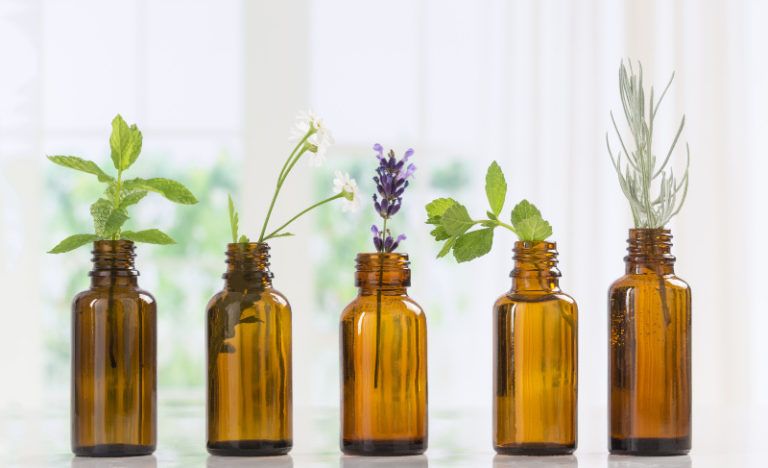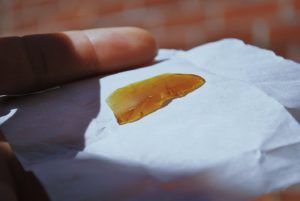If you follow developments in the world of cannabis at all, you’ve probably heard the term “terpenes” pop up. They’re an intriguing and powerful way to think about the cannabis plant. They’re a little bit like cannabinoids—THC, CBD, and others—in that they have specific and medically useful interactions with our bodies.
But they’re very different from cannabinoids in that they also contribute specific aromas and flavors. In fact, we’re finding that that assessing a given cannabis plant’s terpene profile is a pretty spot-on way to assess what it will taste like and what sort of effects it will impart.
There are over 200 terpenes in cannabis, so picking just the “Top 5” is difficult. What’s more, researchers are finding there’s still a lot to learn about these fragrant hydrocarbons (that’s just a fancy way of saying “essential oils”). So that list is very likely to change before long.
But that said, let’s take a whirlwind tour of some of the major, and most important terpenes, just to get the ball rolling!
The Top 5 Terpenes: A Very Subjective List
Myrcene
We have to start with this one because it’s the most abundant terpene in cannabis. In fact, a cannabis plant’s myrcene content dictates whether or not it will exhibit a sativa-like energizing effect or an indica-like sedative effect. What’s more, myrcene has powerful anti-inflammatory and analgesic (pain-fighting) qualities.
Myrcene is characterized by a fruity, earthy and somewhat grapelike flavor. In addition to cannabis, myrcene occurs most notably in mangoes.
Myrcene-rich strains include: Skunk XL, White Widow, and Special Kush
Alpha-Pinene and Beta-Pinene
As you might expect, these closely related terpenes lend a distinctively piney and resinous aroma. You’ll find this especially pleasant-smelling terpene everywhere in nature: In pine trees, orange peel, herbs like rosemary, basil and parsley, and elsewhere.
Pinene is useful in combating respiratory inflammations such as asthma. It may seem counterintuitive, but inhaling pinene-rich cannabis—we recommend using a vape pen or vaporizer, which doesn’t actually burn any plant matter—may help reduce inflammation in the lungs and airways.
Pinene-rich strains include: Jack Herer, Strawberry Cough, Blue Dream and Dutch Treat
Geraniol
This flavorful terpene reminds many fans of sweet stone fruits like peaches and plums, with floral and fresh grass notes as well. These aromatic qualities mean it’s often found in aromatic bath products and lotions, but its benefits go deeper: Research suggests it has powerful antioxidant qualities as well.
Geraniol-rich strains include: Amnesia Haze, Great White Shark, Afghani, Headband, Island Sweet Skunk and Master Kush
Humulene
This distinctive terpene is found mainly in hops, which give many beers their earthy, woody and spicy notes. As well as having antibacterial qualities, studies indicate that humulene is helpful in fighting the growth of tumors, as well as helping to suppress the appetite. A cure for the munchies at last? We doubt it.
Humulene-rich strains include: White Widow, Headband, Girl Scout Cookies (GSC) and Pink Kush
Linalool
Perhaps the terpene most associated with the classic “marijuana smell,” this compound is also found in fresh lavender. It’s known to help fight anxiety and depression, and also lend sedative and relaxing sensations. Early studies suggest that linalool could help reverse the cognitive impairment and memory loss associated with Alzheimer’s disease.
Linalool-rich strains include: Amnesia Haze, Special Kush, Lavender, LA Confidential, and OG Shark
Ready to experience the wonderful world of terpenes? Stop by Greeley Gallery to see what strains are available, or check online ahead of time—www.greeleygallerypdx.com




